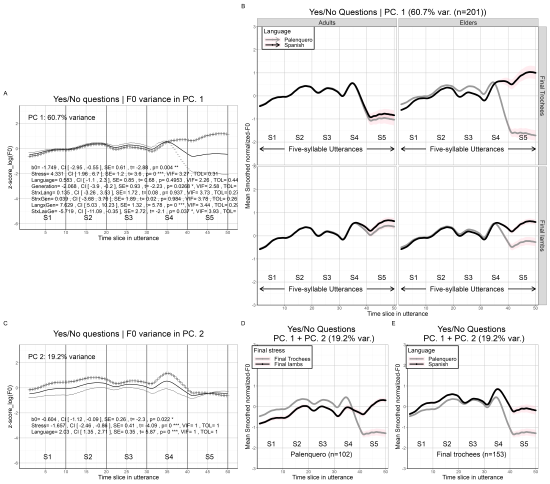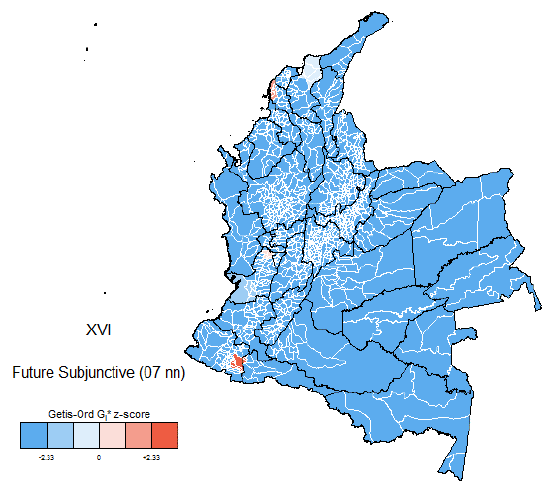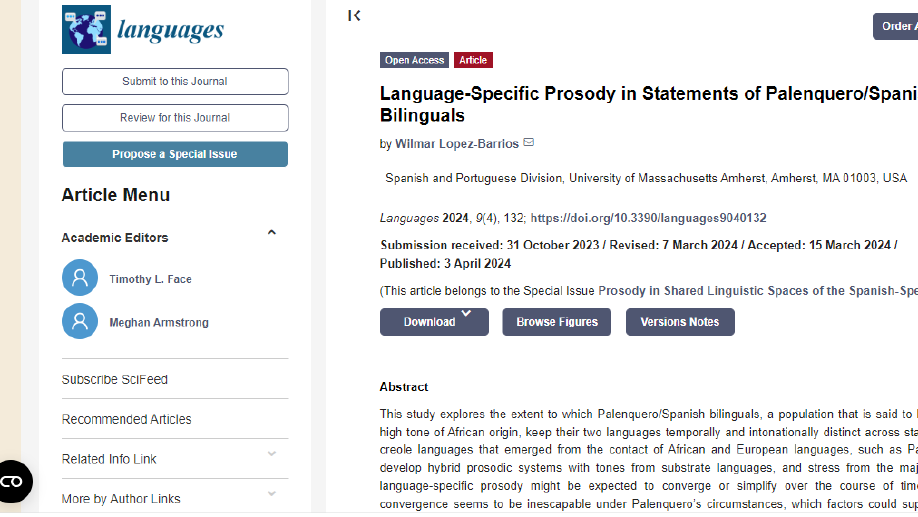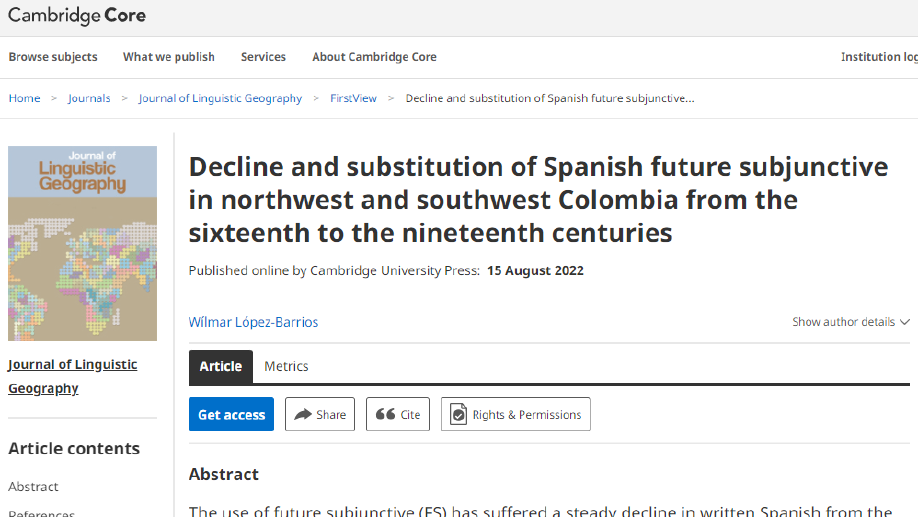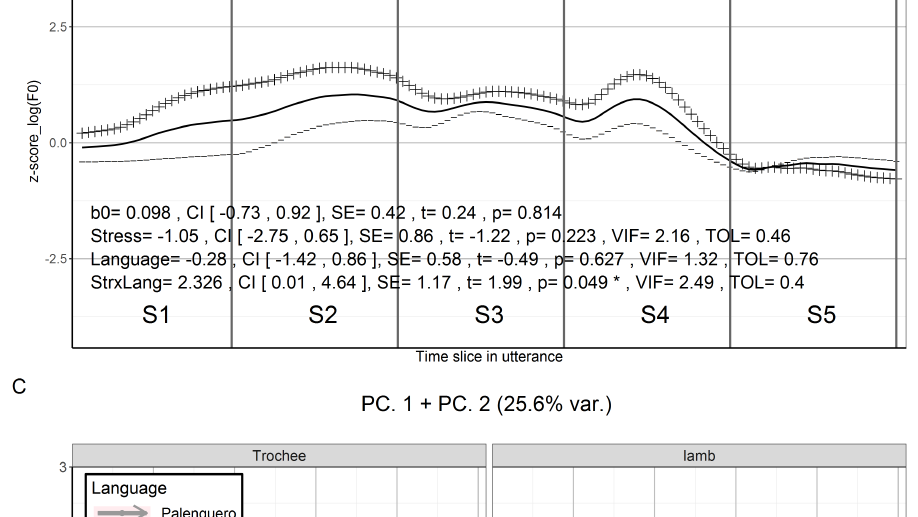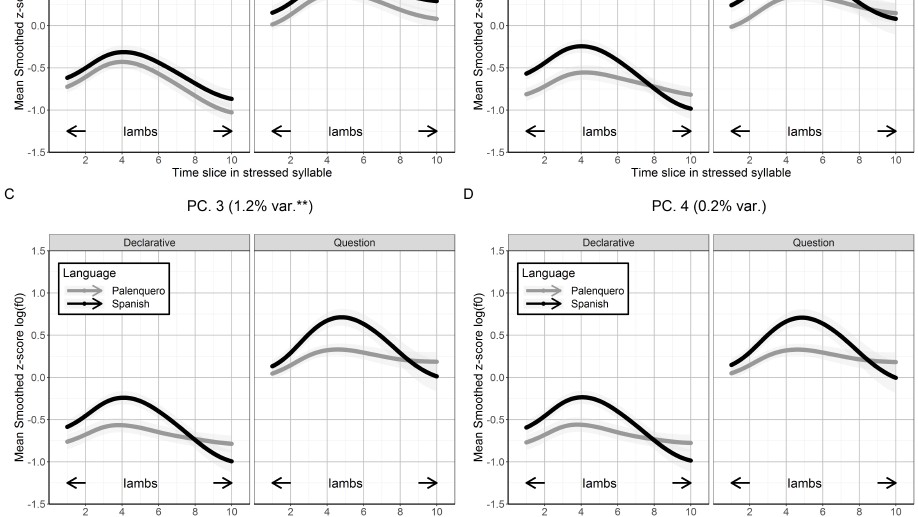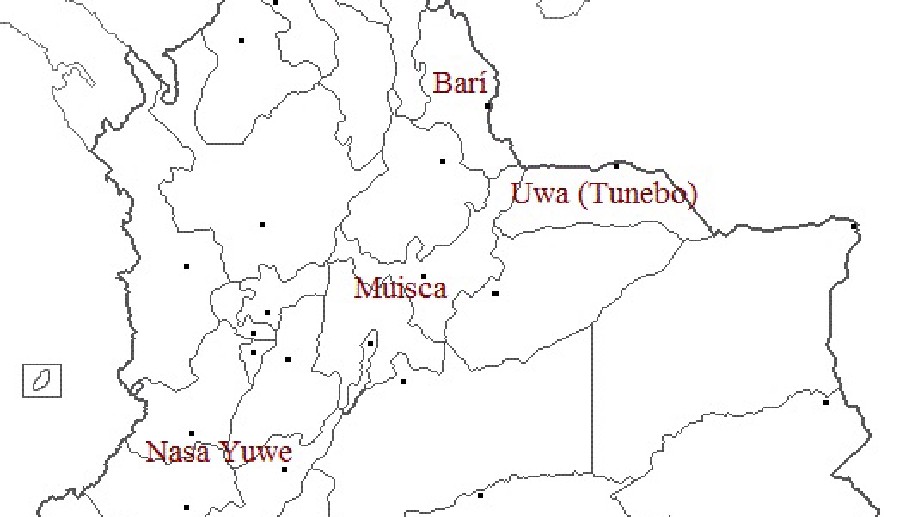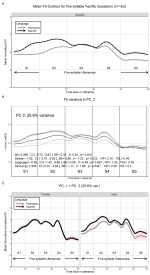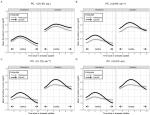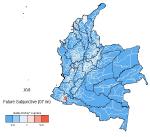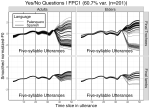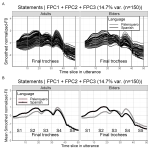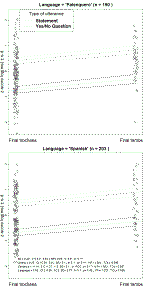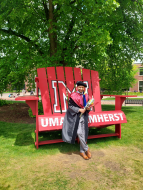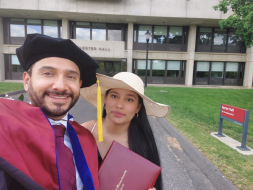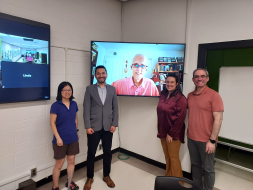Wílmar López-Barrios
Assistant Professor of Instruction
Northwestern University
Biography
Prosody is the music of language and plays an important role in the comprehensibility of L2 speech. Furthermore, both the perception and expression of emotional states rely also upon the prosody we use above words and sentences, which is another challenge for L2 learners. Language contact informs second language acquisition and may help understand what communicative functions are at play in developing L2 prosody. My research and teaching interests pursue this line of inquiry as they concentrate on the development of prosody in bilingual speakers, while raising awareness of the many challenges involved in learning and maintaining minority languages, such as Spanish in United States or Palenquero in Colombia. Thus, I bring culture, emotions and technology to the classroom aiming to stimulate interaction and enhance active learning.
In addition to studying prosody, I have another special interest in Dialectology, where I combine Functional Principal Component Analysis of intonation with Spatial Autocorrelation Analysis.
Interests
- Prosody
- Phonetics and Phonology
- Dialectology
Education
-
PhD in Hispanic Linguistics, 2024
University of Massachusetts Amherst
-
MA in Hispanic Linguistics, 2016
Instituto Caro y Cuervo
-
BA in Spanish and English, 2013
Universidad Pedagógica de Colombia
